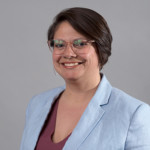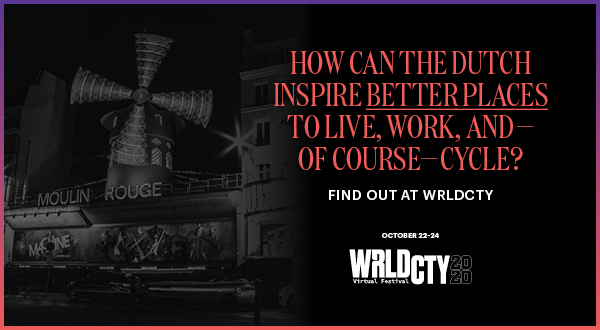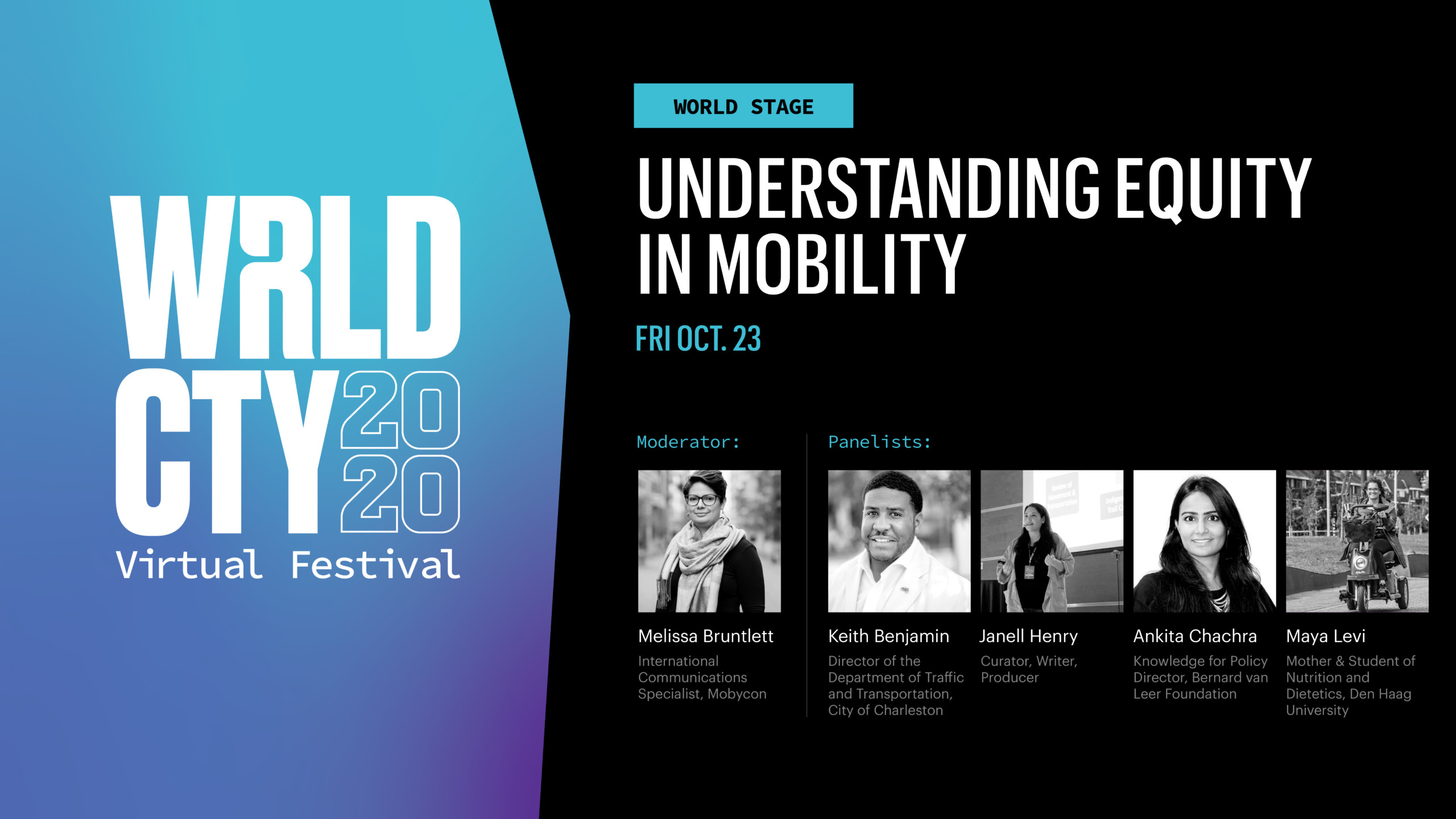Conference / Cycling infrastructure / Equity / Mobility / The Netherlands
Dutch Design and Equity in Mobility at the WRLDCTY Virtual Festival
On October 22 – 24, the WRLDCTY Virtual Festival will bring together thought-provoking and inspiring presentations, conversations and experiences broadcast from cities around the world for 72 hours. The first global city event of its kind, WRLDCTY is bringing together thought leaders, urbanists and city lovers on a single digital platform for 3 days of conversations, connections and experiences broadcast from leading cities around the world. Join Mobility Advisor Eveline de Jong as she presents on translating Dutch design ideas internationally, and listen in on a panel exploring equity in mobility with International Communications Specialist Melissa Bruntlett.
 Going Dutch: Translating Dutch Cycling Ideas to a Global Context
Going Dutch: Translating Dutch Cycling Ideas to a Global Context
Panelist: Eveline de Jong (Moderated by Chris Bruntlett; with fellow panelists Raoul Teekamp, Leon Hoogsteen)
Friday, 23 October; 11:00am European Standard Time (Amsterdam)
Transport planners and advocates have long admired the Netherlands’ impressive cycling infrastructure and culture, and frequently visit to marvel at its bustling bike lanes and traffic-calmed streets. But coming from more sprawling, car-dominated environments, it’s difficult to imagine replicating their incredible success, where the average resident now pedals nearly 1,000 km per year. Discover the key principles that were developed by the Dutch over the past five decades, draw out concrete lessons for cities looking to follow their lead, and learn how some of these ideas are already being implemented, as these regions face a crisis forcing them to re-evaluate how they allocate space on their curbs and streets.
 Understanding Equity in Mobility
Understanding Equity in Mobility
Moderator: Melissa Bruntlett (Panelists Ankita Chachra, Keith Benjamin , Janell Henry & Maya Levi)
Friday, 23 October; 8:00pm European Standard Time (Amsterdam)
As cities around the world strive to expand mobility networks for “All Ages and Abilities,” the challenge is to ensure that these facilities actually meet the needs of everyone regardless of age, gender, race and ability. How can cities truly create equitable streets, where are they succeeding, and where is there still room to learn? Assembling a range of voices with different backgrounds from the planning, design and policy community, this panel seeks to broaden your understanding by speaking directly to the people most impacted by a lack of equitable mobility planning. It is only by learning from each other that we can begin to understand and create streets that are for everyone.



